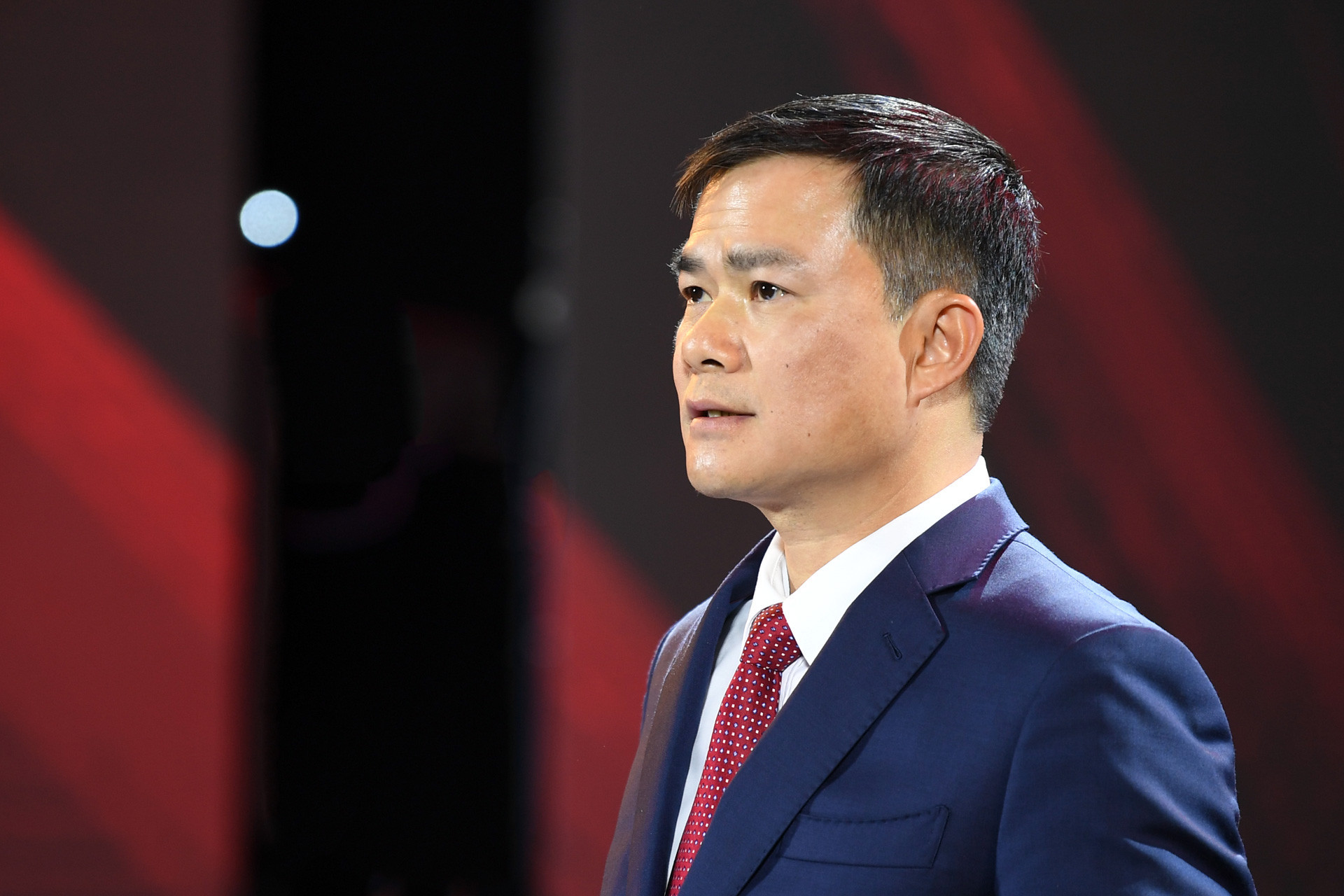
According to Thang, telecommunications products developed by Viettel have already been deployed on a large scale across Viettel’s network in Vietnam as well as in its overseas markets.
Some systems in its network operate entirely on Viettel-developed products, such as the real-time charging system vOCS. Viettel’s 5G telecommunications equipment has also begun to be exported to international markets like India and the United Arab Emirates (UAE).
Viettel’s “Make by Viettel” 5G base station achieves download speeds ten times faster than 4G, supports thousands of simultaneous users with ultra-low latency, and has already been deployed in provinces such as Hanoi, Ha Nam, and Ninh Thuan. Notably, Viettel successfully exported its first shipment to India and the UAE, securing contracts worth millions of U.S. dollars - marking a significant milestone that affirms its international competitiveness.
In addition, Viettel’s mastery of 5G network equipment also supports national defense objectives, as shown by the Ministry of National Defense tasking the company with deploying a private 5G network for military applications.
Tao Duc Thang stated that Viettel will continue to heavily invest in 5G-Advanced and 6G development to remain aligned with global progress. By 2027, Viettel aims to commercialize its 5G-Advanced equipment, adopting open, virtualized models with superior features compared to current 5G technologies.
These features include expanding uplink coverage from the current 30-50% of downlink coverage to 70-100%, reducing latency from ~10 ms to ~1 ms, improving location accuracy from meter-level to centimeter-level precision, and reducing energy consumption by 10-30%.
“Viettel will manufacture and trial 6G equipment on live networks between 2028 and 2030. As a telecom carrier, we identify next-generation mobile network technology – 6G – as one of the top strategic technologies for prioritized investment. It is also one of the three strategic technologies currently proposed by the Ministry of Science and Technology for early implementation to achieve practical results, commercialize quickly, and contribute meaningfully to the development of the national digital infrastructure,” said Tao Duc Thang.
Sharing her thoughts on 5G development in Vietnam, Rita Mokbel, Chairwoman of Ericsson Vietnam, noted that 5G will play a crucial role in boosting the country’s digital infrastructure. It has the potential to become a key transformation enabler across various industries, allowing for automation, productivity enhancement, and optimized resource management.
Industries such as manufacturing, logistics, and smart cities stand to benefit the most. Particularly, private 5G networks will empower businesses to innovate while reducing costs and opening up new revenue opportunities for telecom carriers.
“5G will be a vital tool in helping Vietnam achieve its goal of building a digital economy, which is expected to contribute 20% of the country’s GDP by 2025,” said Rita Mokbel.
Regarding 6G, the Ministry of Science and Technology noted that many global powers are already conducting 6G research. Vietnam aims to keep pace with global 6G developments, from research and production to deployment. The country intends to contribute to the formation of global 6G standards. The government will also invest in laboratory facilities to support enterprises in researching and producing 6G equipment.
Thai Khang